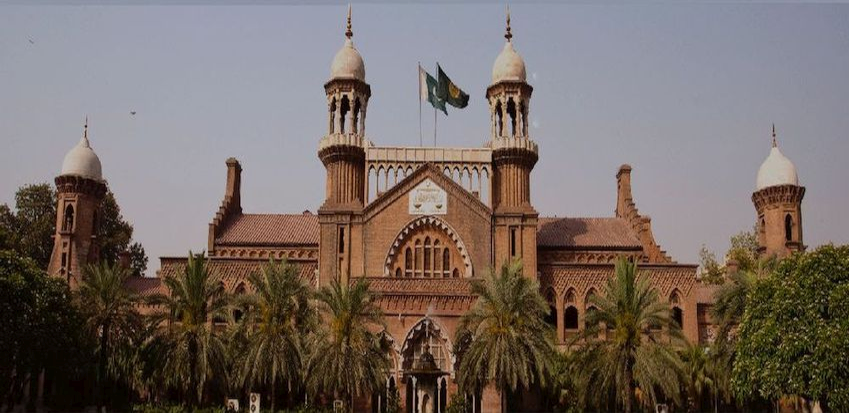Section 111(1)(d) of the ITO 2001, introduced in 2011, cannot be applied retrospectively to the Tax Year 2010 --- Lahore High Court, Lahore
Islamabad 27-09-2024: In a significant ruling, the Lahore High Court, Rawalpindi Bench, has dismissed a reference application filed by the Commissioner Inland Revenue, District Zone, Regional Tax Office, Rawalpindi, against Sh. Ikram Ellahi and others in relation to an alleged tax evasion case involving Rs. 228 million. The judgment was issued by a bench comprising Mr. Justice Muhammad Sajid Mehmood Sethi and Mr. Justice Jawad Hassan, who ruled in favor of the taxpayer.
The case revolved around discrepancies found during a desk audit between the bank statements and the taxpayer’s declared income for the relevant tax period. The tax authorities had accused the taxpayer of concealing income through the suppression of sales, amending the assessment under Section 111(1)(d) of the Income Tax Ordinance, 2001, and imposing a tax demand of Rs. 57 million. However, the Appellate Tribunal Inland Revenue had vacated the assessment order, leading the tax department to file a reference application in the Lahore High Court.
The central issue before the Court was whether Section 111(1)(d), introduced by the Finance Act of 2011, could be applied retrospectively to the tax year 2010. The Court ruled that tax statutes, unless expressly stated otherwise by the legislature, operate prospectively. The bench observed that Section 111(1)(d), which pertains to unexplained income and suppression of sales, became effective only from July 1, 2011, and could not be applied to the taxpayer’s assessment for the year 2010.
The Court referred to settled legal principles, stating that tax laws cannot be applied retrospectively unless specifically mentioned by the legislature. In its judgment, the Court cited several cases, including Commissioner Inland Revenue Vs. Messrs Pak Arab Pipe Line Company Ltd. (2014 PTD 982) and Commissioner Inland Revenue, Lahore Vs. Messrs Millat Tractors Limited (2024 SCMR 700), to reinforce the doctrine of prospective application of tax statutes.
The tax department had argued that the taxpayer had concealed income by suppressing sales, and while they admitted that the wrong provision of law Section 111(1)(d) had been applied, they contended that this should not allow the taxpayer to escape liability. However, the Court noted that the department’s failure to apply Section 111(1)(b), which deals with unexplained investments and income, did not impact the overall legitimacy of the taxpayer’s argument that the wrong section had been invoked.
The Court pointed out that the suppression of sales falls within the ambit of Section 111(1)(d), which was incorrectly applied retrospectively. It clarified that only sales or income chargeable to tax could be brought within the scope of this section, reaffirming that Section 111(1)(d) could not be applied to past tax periods.
The Court answered the questions of law in favor of the taxpayer and against the tax department. It ruled that the Appellate Tribunal’s decision to vacate the assessment order and delete the tax additions made under Section 111(1)(d) was valid. Consequently, the tax department’s reference application was dismissed, with the Court affirming that the law operates prospectively unless specifically indicated otherwise.
This ruling highlights the importance of correctly applying tax statutes in accordance with legislative intent and reinforces the principle that taxpayers cannot be penalized based on the retrospective application of tax laws.
Powered by Froala Editor








